
Naija means the new Nigeria — a sharp and punchy word coined by the West African’s nation’s youth as a way to distance themselves from the Nigeria of old. Pronounced with attitude, Naija describes the unique character found in the country's food, its film and most definitely its football, where the beloved Super Eagles play in lush green shirts which sell out in seconds.
As Nike bottle up the wild geometric flavour of their recent ‘Naija’ kit for a particularly potent Air Max 95, here’s a brief primer on the country, it’s culture and those green football shirts...

Sometimes known as ‘the giant of Africa’, Nigeria has a population of over 200 million people from more than 250 ethnic groups. Nearly four times the size of the United Kingdom, it’s big and it’s busy. In Lagos, Africa’s largest city, the streets are crammed with bright yellow Volkswagen vans running bus routes bumper to bumper, whilst the capital of Abuja is one of the fastest growing cities in the world.
Uniting this massive, diverse population is a passion for football bordering on the religious. Restaurants play repeats of old matches to packed crowds, whilst kids can recite English Premier League stats faster than any BBC pundit. In a nation plagued with corruption, football is life, and although the average Nigerian is more likely to support Liverpool than their local club, the love for the Super Eagles, the country’s international squad, runs deep.
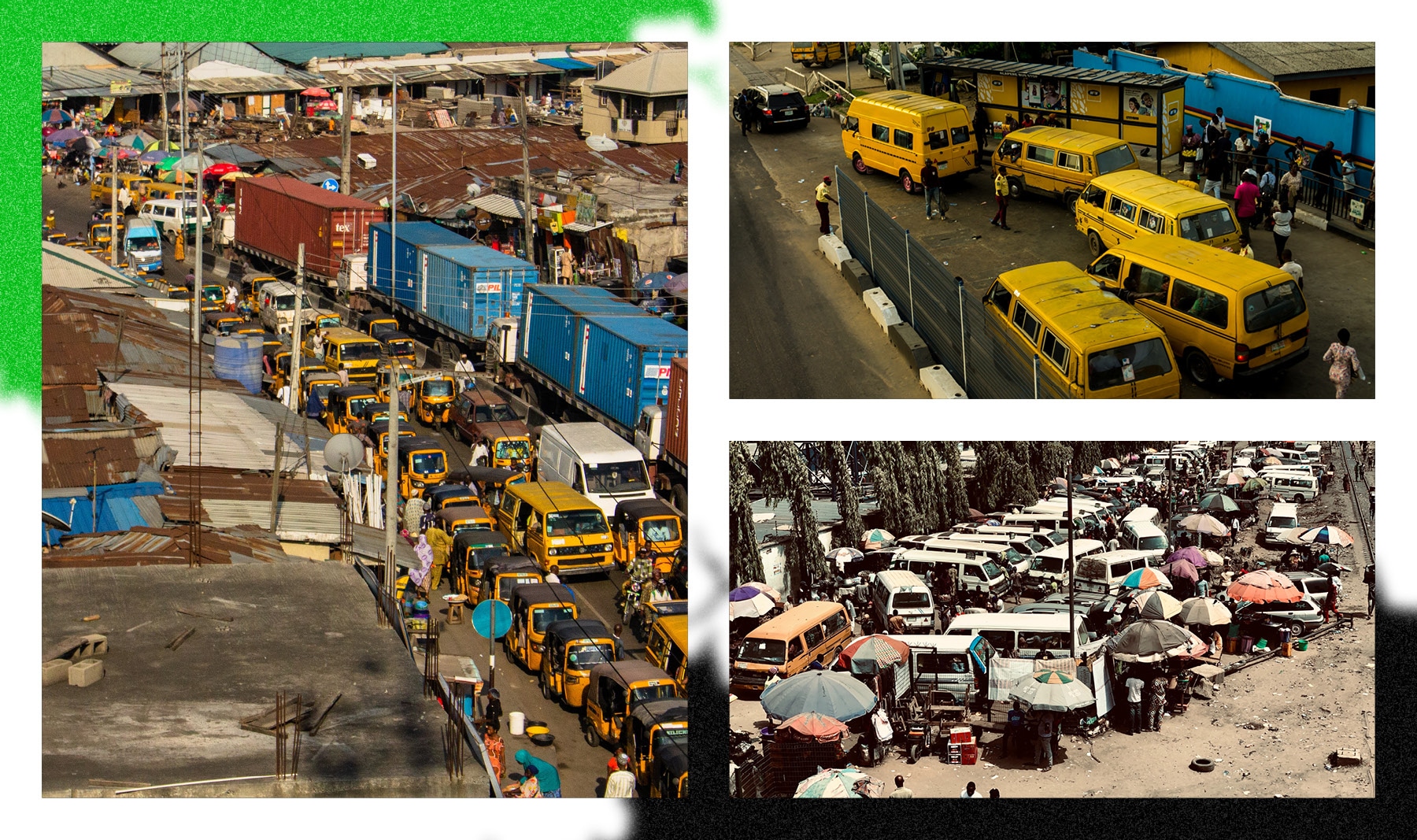
Originally known as the Red Devils due to their red shirts, the Nigerian team became the Green Eagles in 1960, when independence from Britain meant a new green and white state flag (with an eagle in the middle) for the country, and a matching green kit for the team.
After reaching the final of the African Cup of Nations for the second time in a row in 1988, the Green Eagles evolved into the Super Eagles, setting the stage for what many see as the team’s golden age in the 1990s. After years of struggle, they finally qualified for the World Cup in 1994 and in the run-up to USA ‘94 were ranked 5th in the world. After topping their group (winning games against Bulgaria and Greece), they met their match in a ponytailed Roberto Baggio, who pushed their second round match against Italy into extra time with only minutes to spare, before sealing the deal with a penalty kick.
Dashed hopes aside, the Super Eagles quickly garnered attention, and even in an era with no shortage of adventurous kit design, their heavily-patterned shirts stood out (no easy feat considering a combination of green and white is near-enough camouflage against a well-kept pitch). The ‘94 World Cup kit set the precedent for Nigeria’s audacious shirts, and a deal with Nike later in the year only pushed things in a bolder direction, paying homage to the team’s nickname with a stylised feathered pattern on the sleeves.
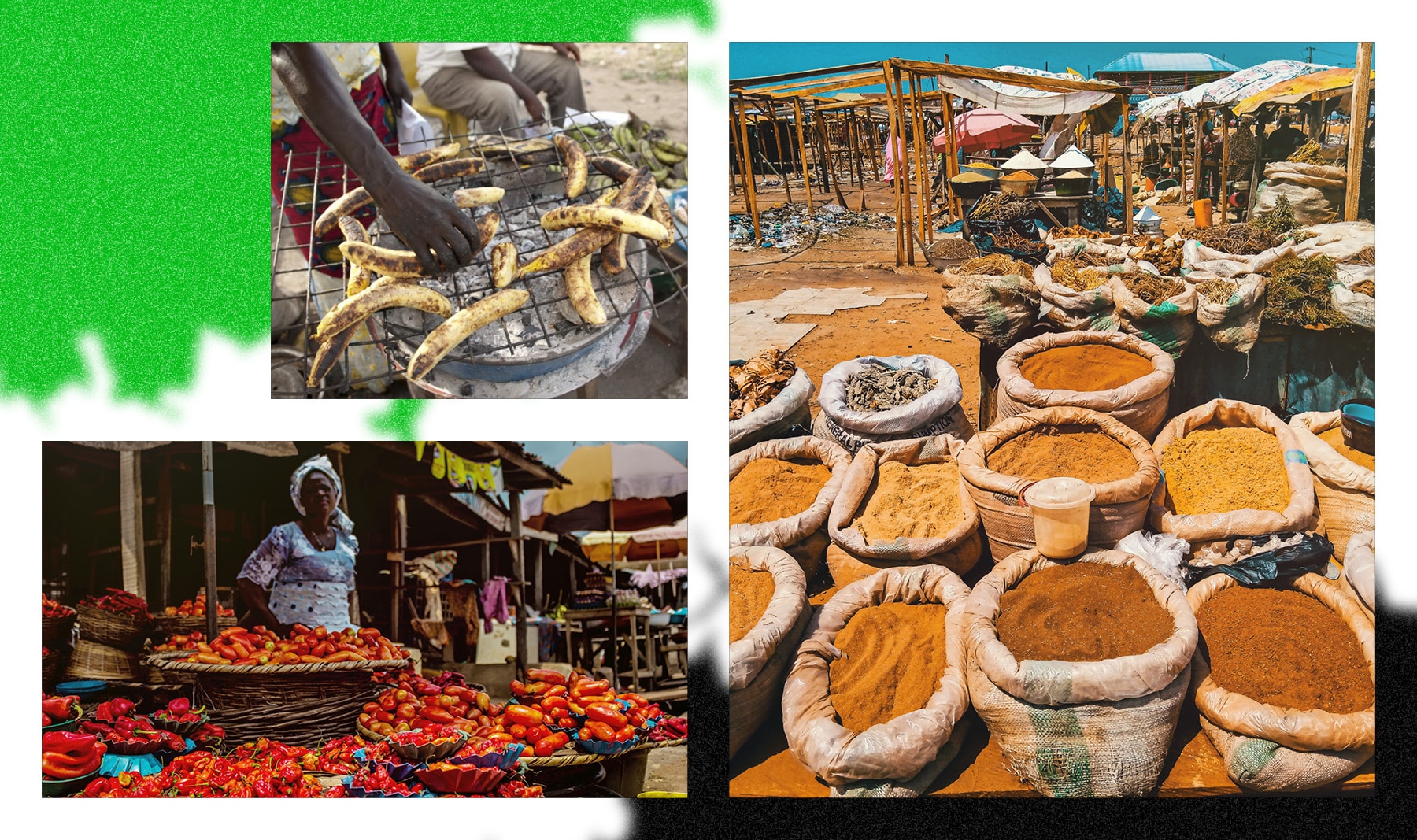
Other classic Nike designs followed; the oversized eagle crest of 1996… the thick white stripes worn in France ‘98… the fresh mint green of Korea ‘02... all different, yet all distinctly Naija. When the Swoosh lost the contract as kit supplier in 2002, things took a turn towards safer, more reserved jerseys, but after a series of off-the-shelf designs, Nike returned in 2015, and for the Super Eagle’s 2018 World Cup campaign, were keen to make their mark once again.
Perhaps unsurprisingly, the hunt for inspiration took the design team to Nigeria, where they jumped head-first into the country's culture. Football isn’t the country’s only passion, and Nigeria has a fair few strings to its bow.
Firstly, there’s the music. Thanks to its diverse population, Nigeria is a vast cauldron of sounds and styles, and like all the best music scenes, never stays still for long. From jùjú to fuji, yo-pop to waka, genres ebb and flow as new instruments are added to the mix. Fela Kuti merged homegrown flavours with American jazz and funk to create afrobeat, whilst Burna Boy blasts from car stereos from Kano to Kirby.
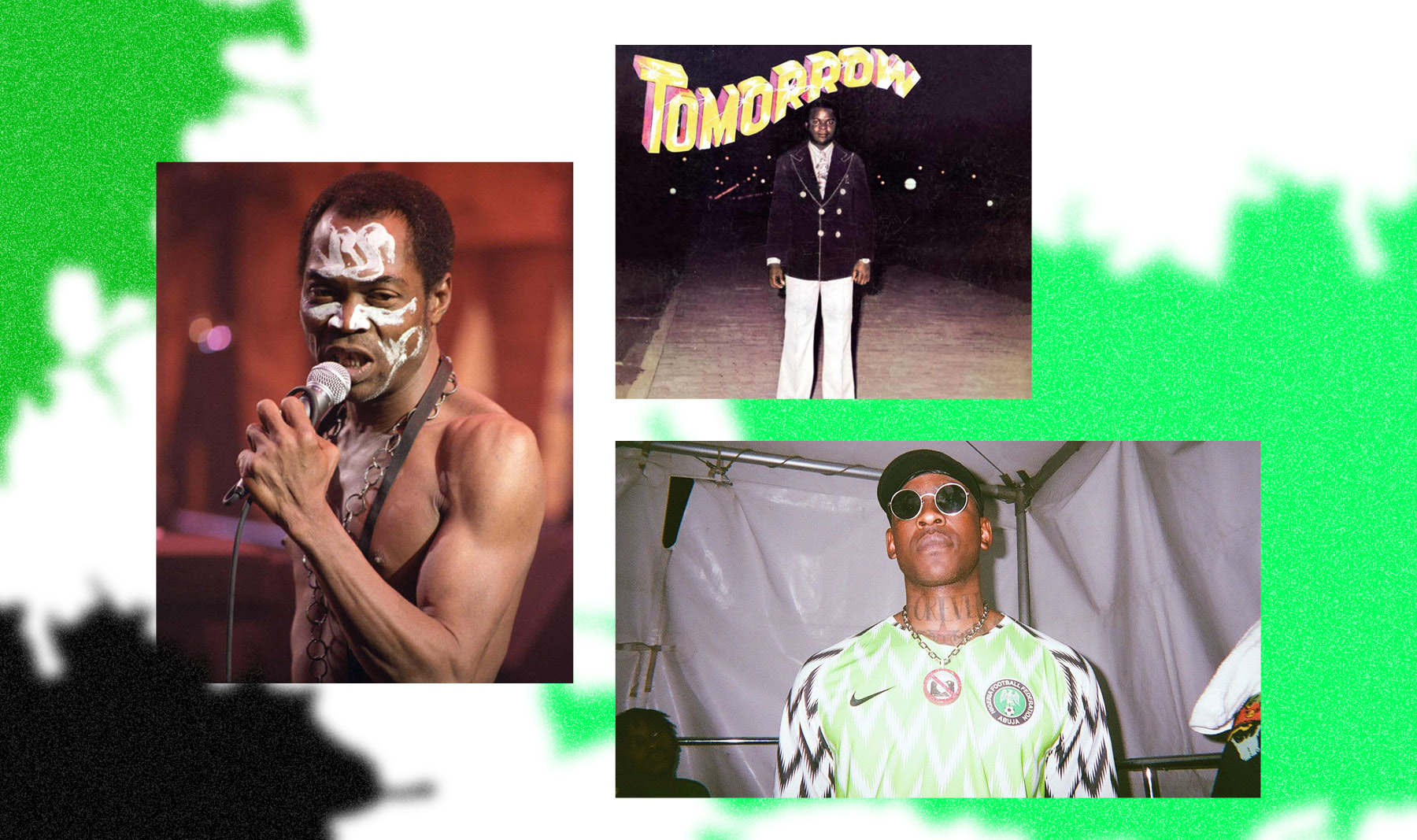
Film is huge too, and ‘Nollywood'—the title often given to Nigeria’s film industry—is one of the largest in the world, reportedly producing over 2,500 films a year. A million miles from the bloated excess of Hollywood, Nigerian films are more no budget than low budget, with directors relying on cheap equipment to create something out of next-to-nothing (hence Nollywood, as in ‘Nothing Wood’). The industry got its start when travelling theatre groups started filming their performances in the late 1980s, and thanks to the rise of consumer video cameras and affordable VCR players, expanded at a rapid rate. In the peak of the video-era, films were churned out in a matter of days (with scripts written on the go and actors wearing their own clothes), but quality has slowly overtaken quantity as a new wave of more cinematic directors has risen through the ranks.
And then there’s Scrabble. This might sound slightly unlikely for a country that speaks no less than 500 different languages, but in Nigeria, Scrabble is serious business, and it currently stands as the top ranked nation in the world. The wordy board game first entered the country in the holdalls of returning scholarship students in the 1970s, and since then has become a national sport, played everywhere from the pavements of Lagos to specially-built Scrabble academies. Far beyond just a taxing past-time, this passion for Scrabble has meant that Nigerians make up over a quarter of the world’s top 100 players.
So where were we? Oh yeah, those shirts. To say that Nigeria’s love of straight-to-video films and good ol’ fashioned board games influenced the 2018 Super Eagles’ jersey might be an overstatement, but if it could punch above its weight in these unexpected fields, then why couldn’t its football team have the best shirt on the planet?
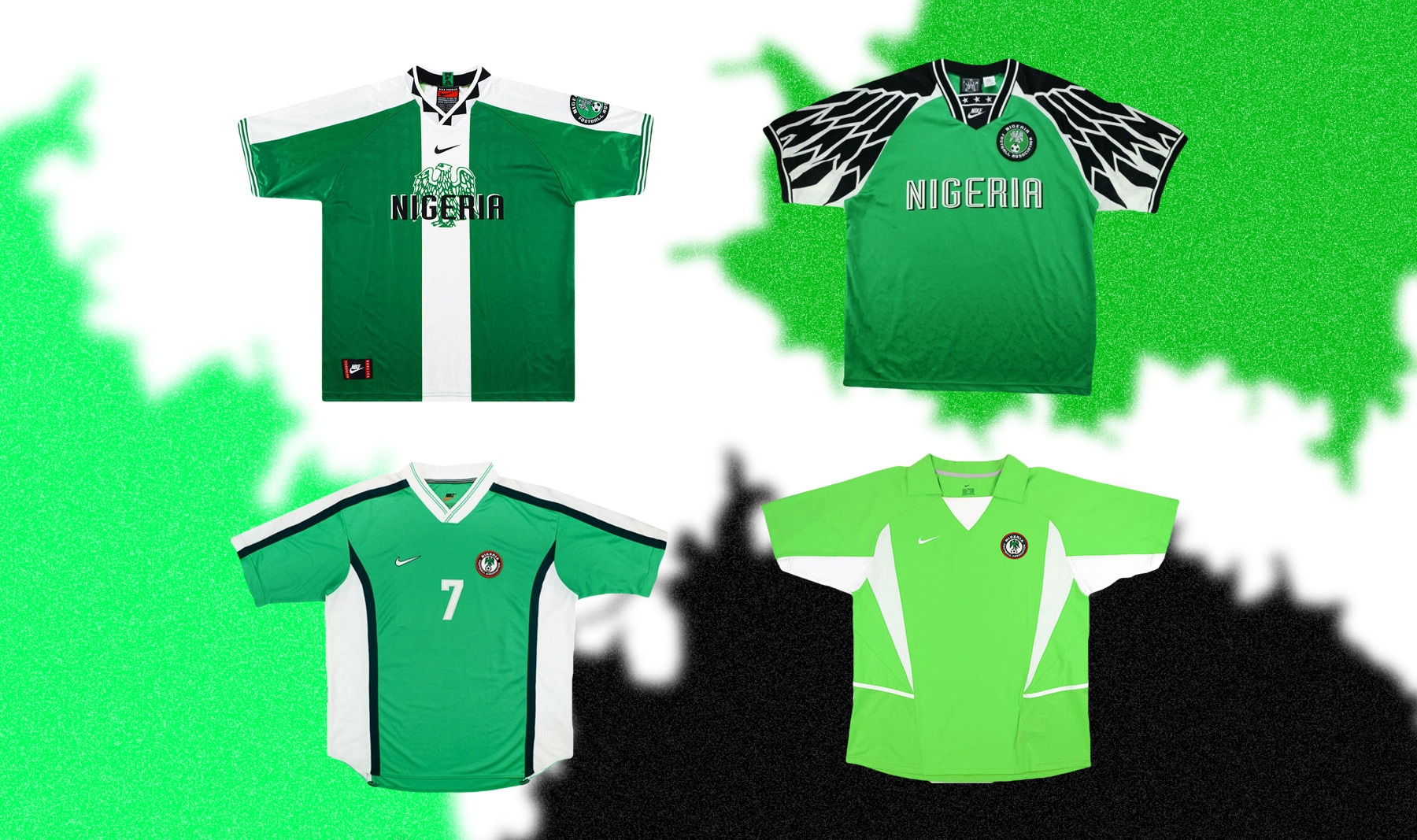
For a lot of people, the 2018 Naija jersey was exactly that. With a no-holds-barred attitude, the shirt took the feathered pattern from Nike’s initial ‘94 design and turned it fully up to eleven, turning more than a few heads in the process. Design blogs loved it, Skepta (whose Nigerian roots recently saw him appointed as a chief in his parent’s hometown of Ijebu Ode) wore it, and punters bought it, with the Nike website receiving over three-million pre-orders in the first hour. The fact that the Super Eagles didn’t make it beyond the group stages seems almost irrelevant. This year’s design only went further, combining the classic green, white and black colourway with a hand-drawn pattern inspired by traditional agbada robes.
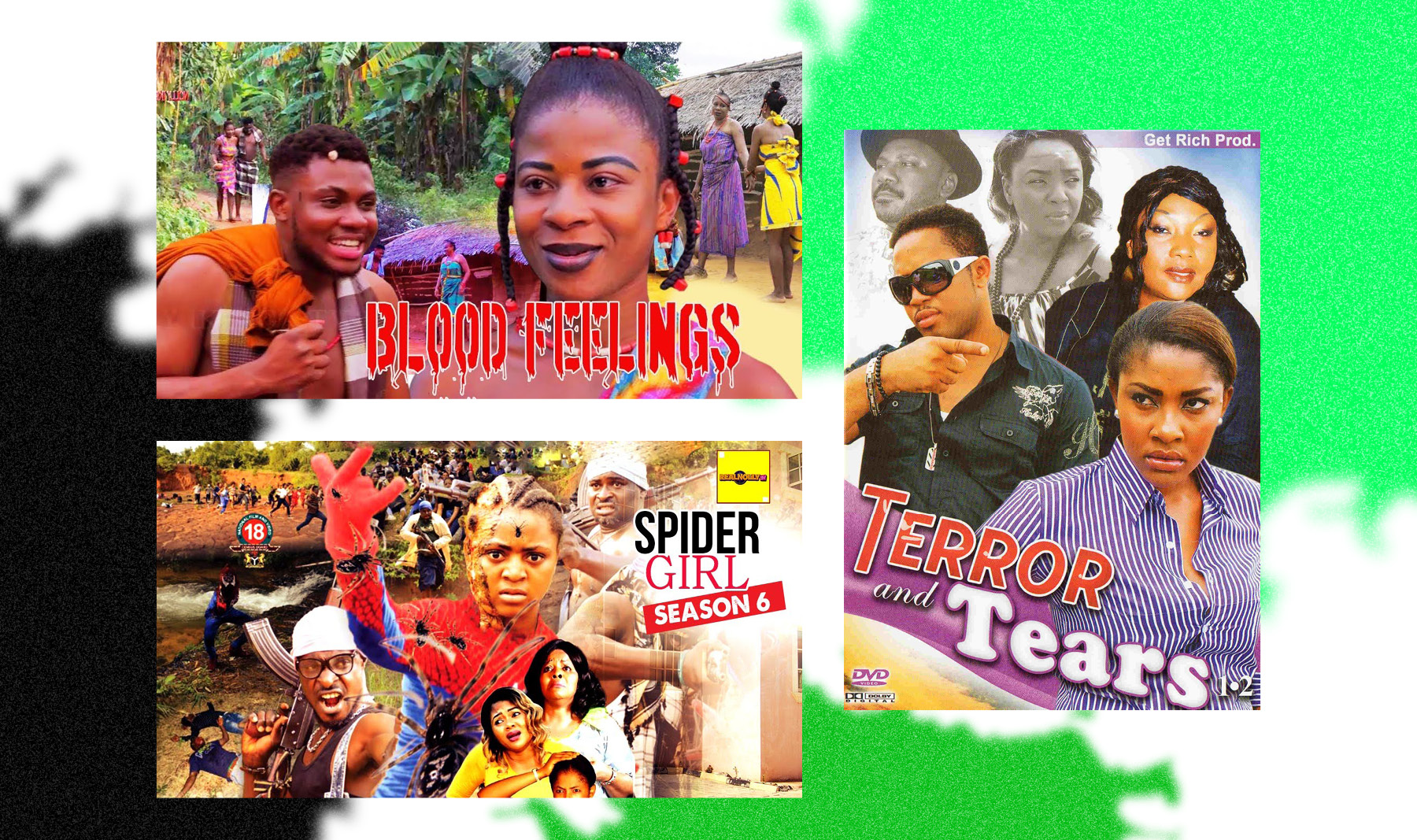
It’s this distinct design which is found on the Air Max 95 Naija — a unique take on the AM95 which harnesses the running sneaker's unmistakable rippled uppers to highlight the striking graphics of the Super Eagles’ home kit in full force. First released just a year after Nike’s groundbreaking debut Nigeria shirt, the Air Max 95 has always been unlike any other sneaker, making it the ideal canvas for the brand’s equally forward-thinking 2020 Naija kit (the fact that both designs are firm favourites with discerning UK crowds makes the link even more logical).
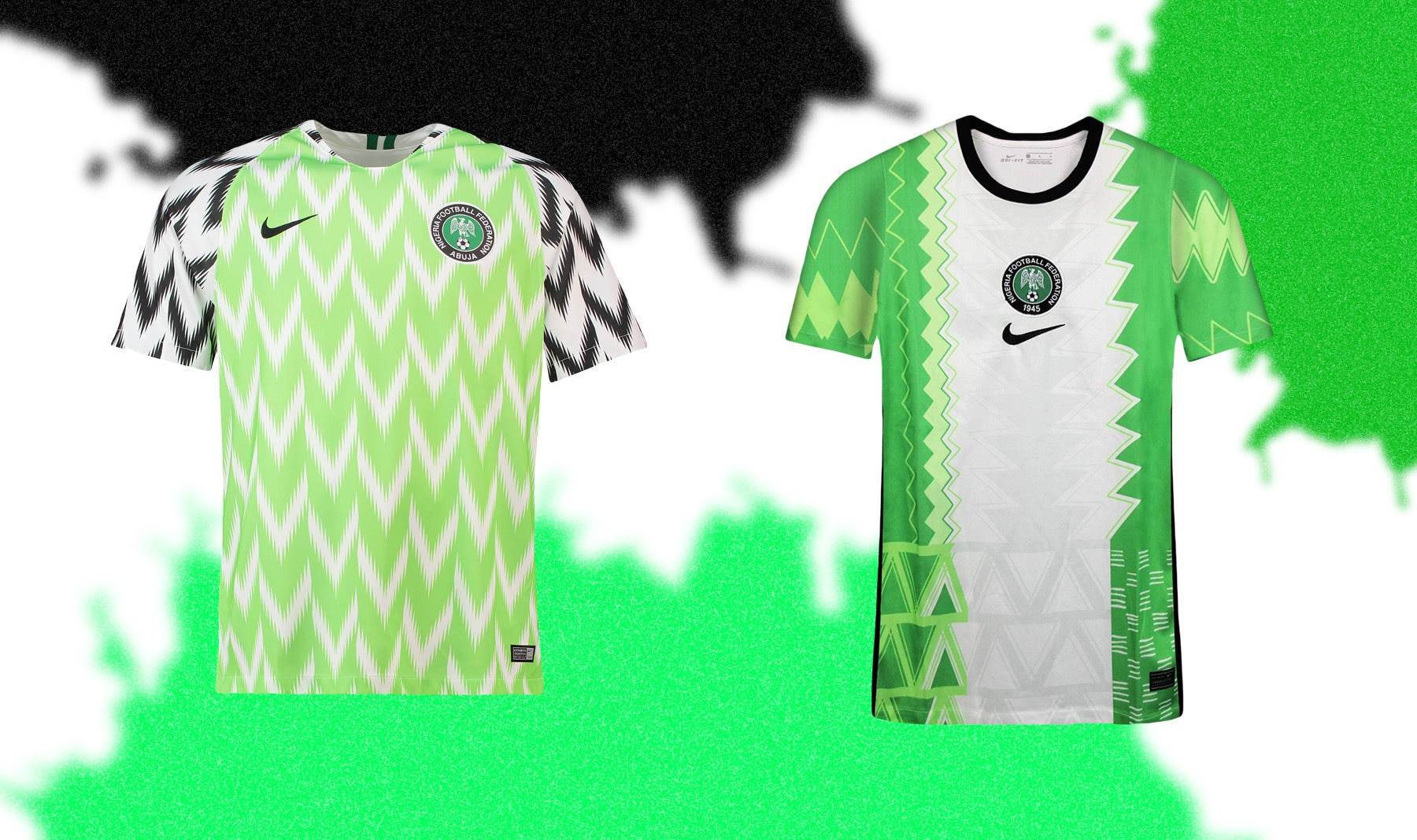
Echoing the shirt’s singular pattern, the Air Max 95 Naija sees wave-after-wave of contrasting green mesh and nylon sitting on a black midsole. The sneaker's visible air is displayed to full effect, whilst inside, a Nigerian Football Federation logo is stamped on a lime green footbed. Sharp and punchy, it’s Naija through and through.

The Nike Air Max 95 Nigeria is available to purchase through an online raffle on SEVENSTORE Launches now or though our in-store raffle.
Explore more:












